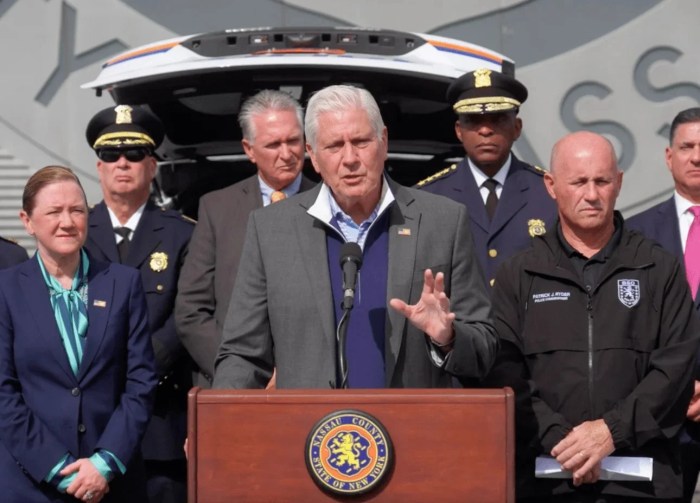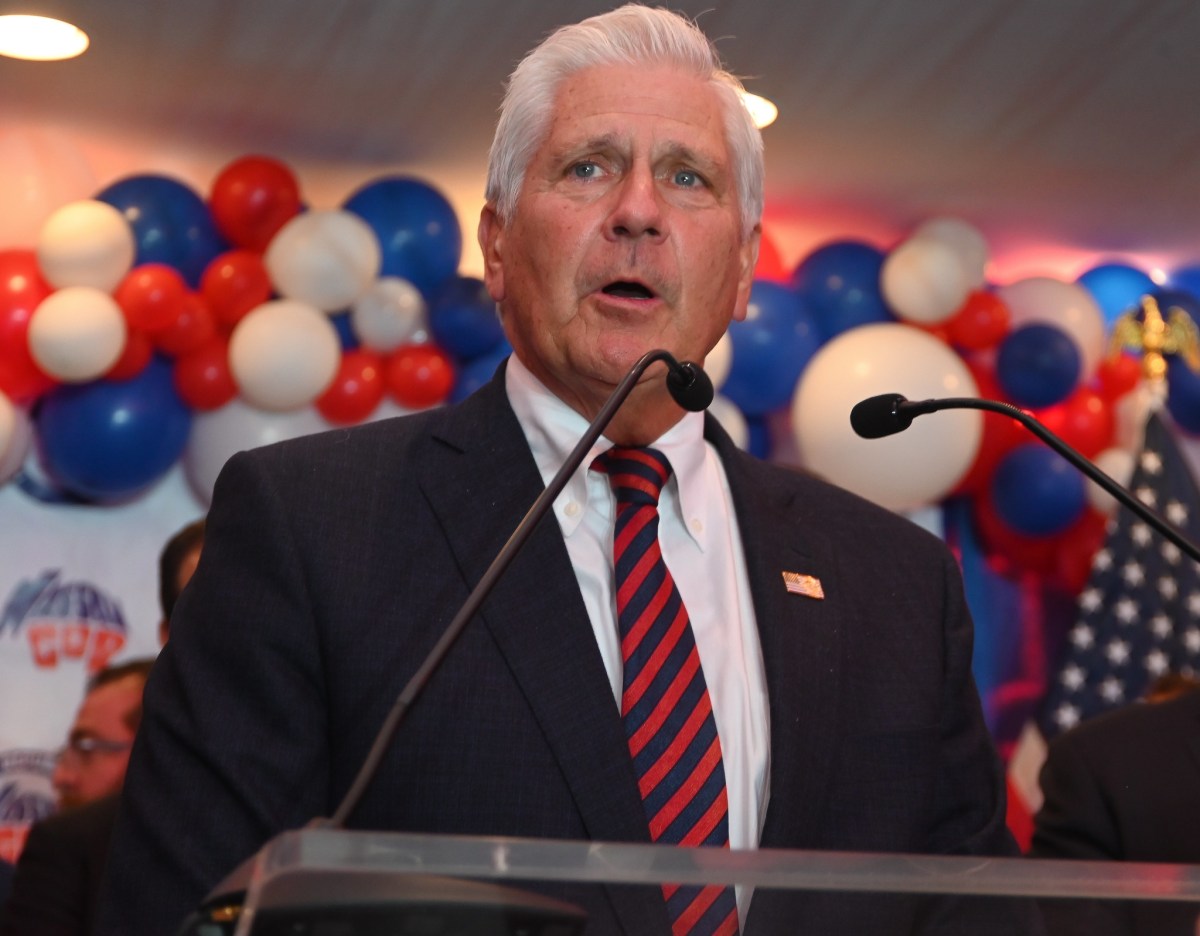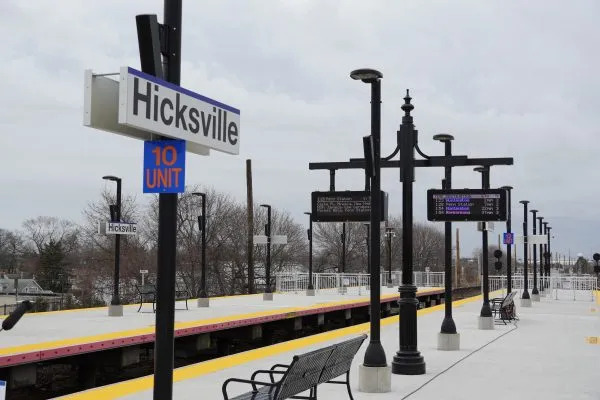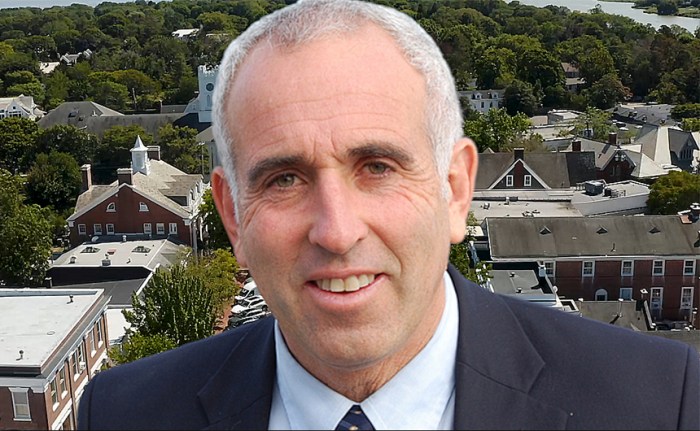Nassau County Executive Bruce Blakeman took center stage in 2024, rolling out a series of initiatives that garnered him attention both at home and across the nation.
Here are some of his accomplishments as a first-term county executive.
Blakeman touted Nassau County’s 2025 budget, which froze county property taxes for a third straight year.
Some raised concerns about the budget throughout the year, arguing that it could threaten the county’s long-term financial stability. Blakeman argued that it underscored his administration’s “ongoing commitment to prioritizing your safety and well-being while protecting your wallet.”
After a back-and-forth with the Nassau County Interim Finance Authority, the county’s financial oversight group, Nassau County submitted an amended budget to address noncompliance issues, and the financial watchdog’s Chairman Richard Kessel said they were pleased as it now meets those requirements.
Blakeman signed an executive order in February prohibiting transgender women and girls from competing on female sports teams that play at Nassau County facilities. The county Legislature later codified this.
The law does not prevent transgender men and boys from competing on male teams.
The law applies equally to private and public school teams, recreational leagues of all ages, charity events, and even competitive professional and amateur adult teams.
Blakeman also prioritized amplifying the police presence. Nassau County was named the safest county in America by U.S. News & World Report. His 2025 budget calls for funding classes to train 120 new police officers and hiring 38 new public safety and social services employees
The county executive also highlighted his 2025 Capital Plan. Blakeman, which will bring significant investment in infrastructure, public safety, and modernization throughout the county.
This year, Blakeman also signed the Mask Transparency Act, which prohibits individuals from wearing a face mask that conceals parts of their face or disguises their voice to conceal their identity. Masks are prohibited in public spaces and private businesses and properties where the owner prohibits them.
The law also allows police to ask individuals to remove a face mask during traffic stops and when suspected of criminal activity.
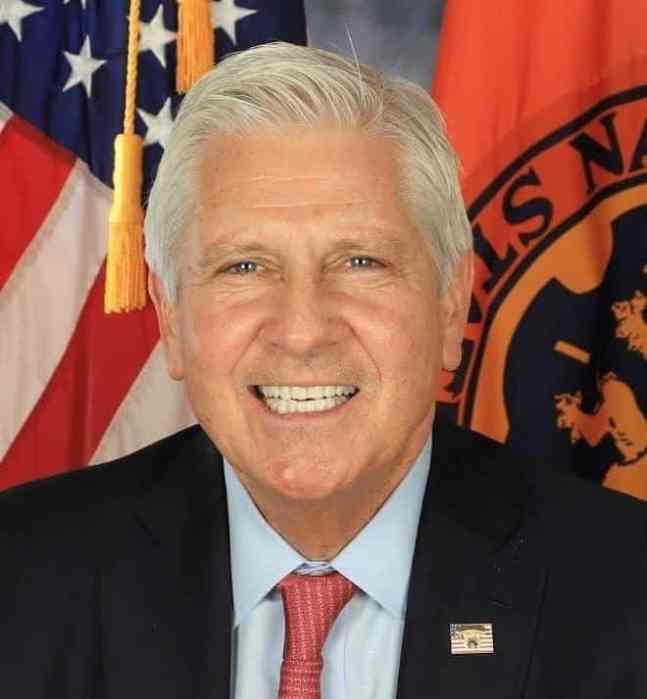
(Photo courtesy of the Office of the County Executive)Bruce Blakeman
